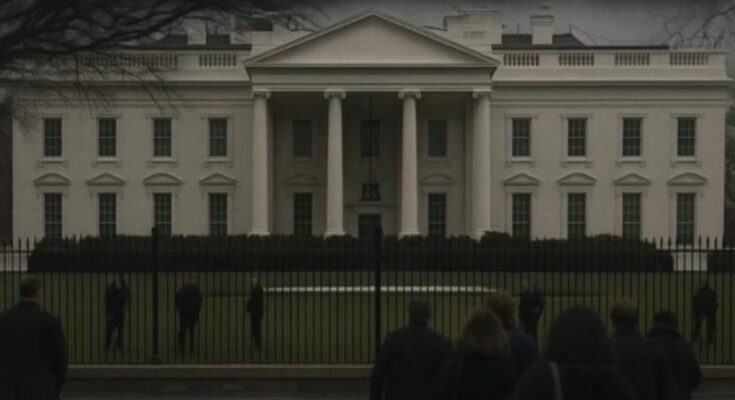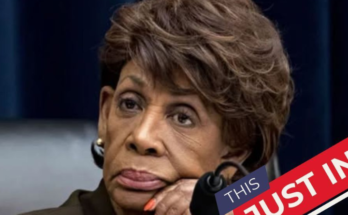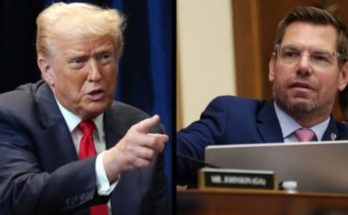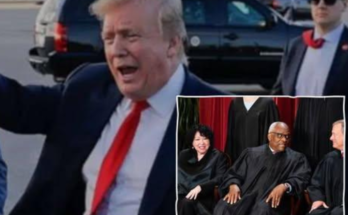The Trump administration is taking a hard-line stance against pharmaceutical companies, threatening sweeping price control measures if drug costs aren’t lowered in the coming months.
White House Press Secretary Karoline Leavitt announced Thursday that President Donald Trump had issued 17 separate letters to the CEOs of major drug manufacturers, giving them a 60-day deadline to implement price reductions. The letters were sent to some of the largest players in the industry, including Eli Lilly, Pfizer, and Johnson & Johnson, and warned that the administration was prepared to “deploy every tool” available to enforce lower prices.
Leavitt read excerpts from Trump’s letter to Eli Lilly CEO David Ricks, in which the president criticized what he called “global freeloading” — a reference to the lower drug prices charged in foreign countries compared to the U.S. market. Trump cited his spring executive order targeting pharmaceutical pricing and vowed that “this unacceptable burden on American families ends with my administration.”
Key Demands from the White House
In the letters, Trump laid out specific policy goals for the pharmaceutical industry, including:
-
Extending “most favored nation” pricing to Medicaid.
-
Guaranteeing most favored nation pricing for newly launched drugs.
-
Redirecting profits from foreign markets back to benefit American patients and taxpayers.
-
Allowing direct government purchasing of drugs at the most favored nation rate.
Trump warned that if drugmakers fail to take action within 60 days, his administration would impose measures to protect consumers from what he described as “abusive drug pricing practices.”
Background: An Executive Order with Teeth
In May, Trump signed an executive order aiming to slash prescription drug prices by 30% to 80%. The order directed the Department of Health and Human Services (HHS) to set pricing targets within 30 days and begin negotiations with pharmaceutical companies. However, according to Trump, those talks failed to produce meaningful results.
“Most proposals my administration has received to ‘resolve’ this critical issue promised more of the same: shifting blame and requesting policy changes that would result in billions of dollars in handouts to industry,” Trump wrote in his letters, which were later posted to Truth Social.
The president also called out what he views as an unfair international system in which American consumers bear the bulk of the cost for drug innovation, while countries in Europe and other developed regions enjoy far lower prices. “Moving forward, the only thing I will accept from drug manufacturers is a commitment that provides American families immediate relief,” Trump wrote.
What Comes Next
The letters signal a potentially historic confrontation between the White House and the pharmaceutical industry. If drugmakers comply, it could lead to significant price drops for some of the most commonly prescribed medications in the United States. If not, the administration appears poised to introduce aggressive price control measures — a move that would mark one of the most direct government interventions in drug pricing in modern U.S. history.
Industry analysts note that while price controls are politically controversial, the issue of high drug costs has broad public support across the political spectrum. However, pharmaceutical executives have long argued that such measures could stifle innovation and limit access to new treatments.
For now, all eyes are on how the industry will respond before the White House’s 60-day deadline expires — and whether this latest push from the Trump administration will lead to a breakthrough in America’s ongoing battle over the cost of prescription drugs.



